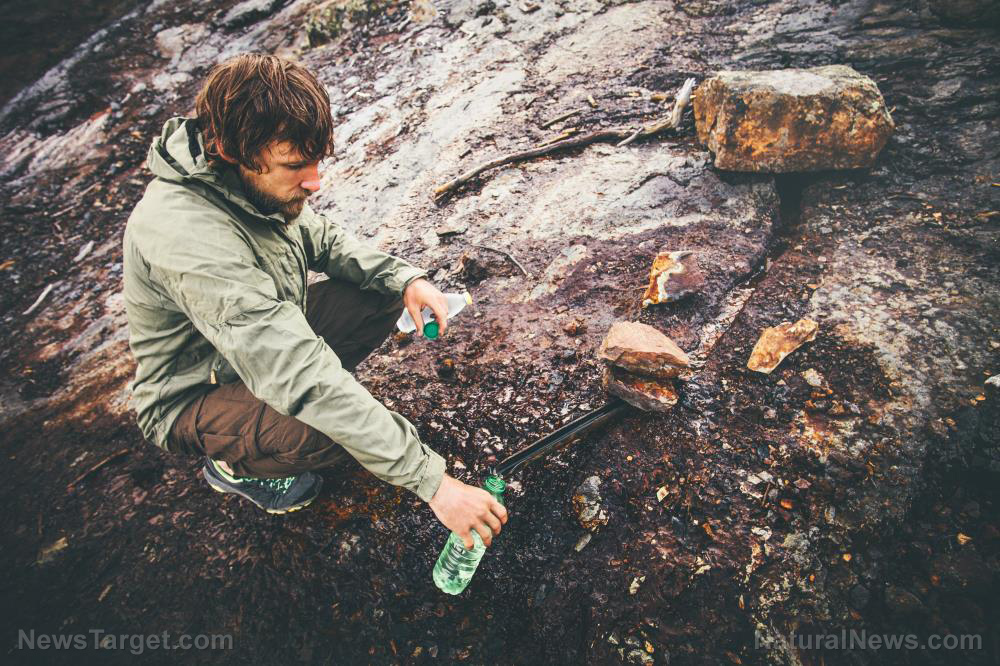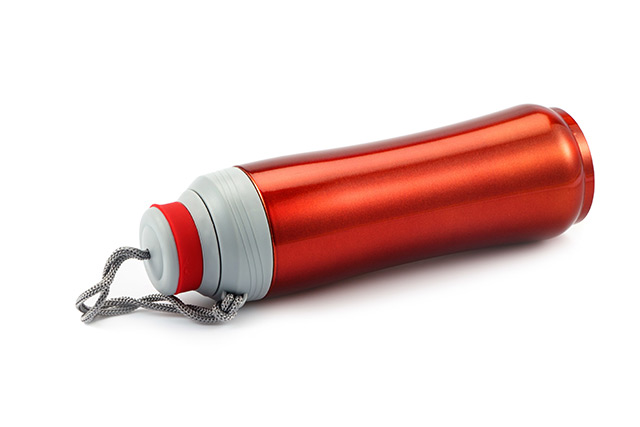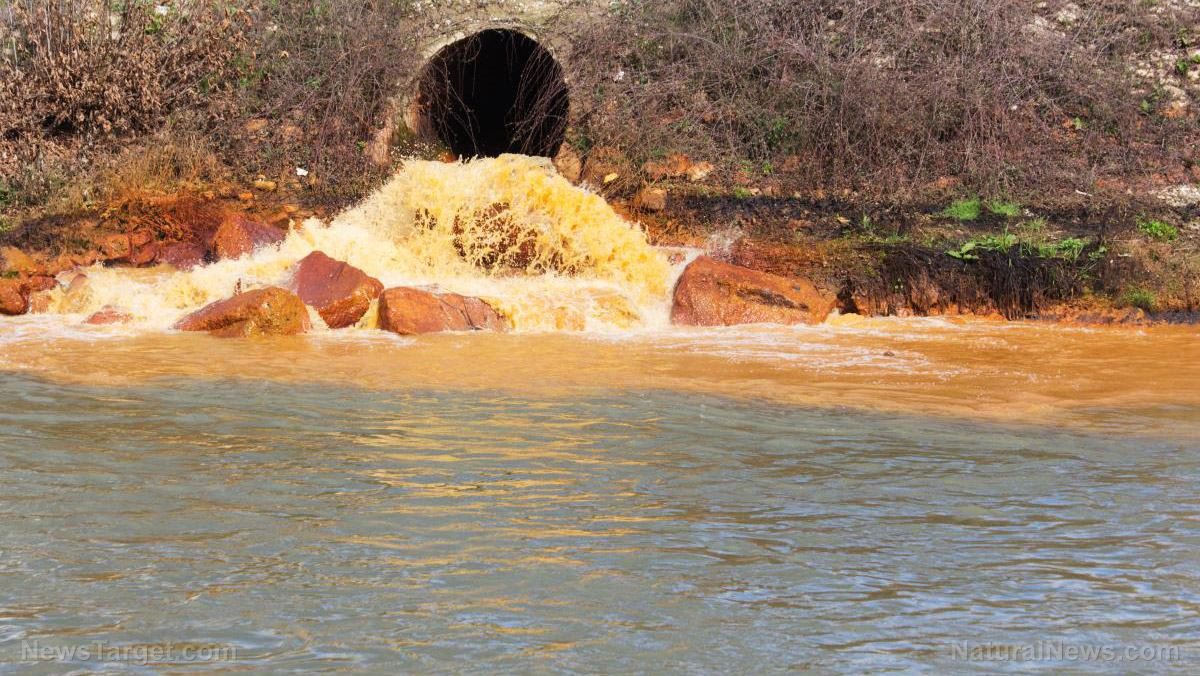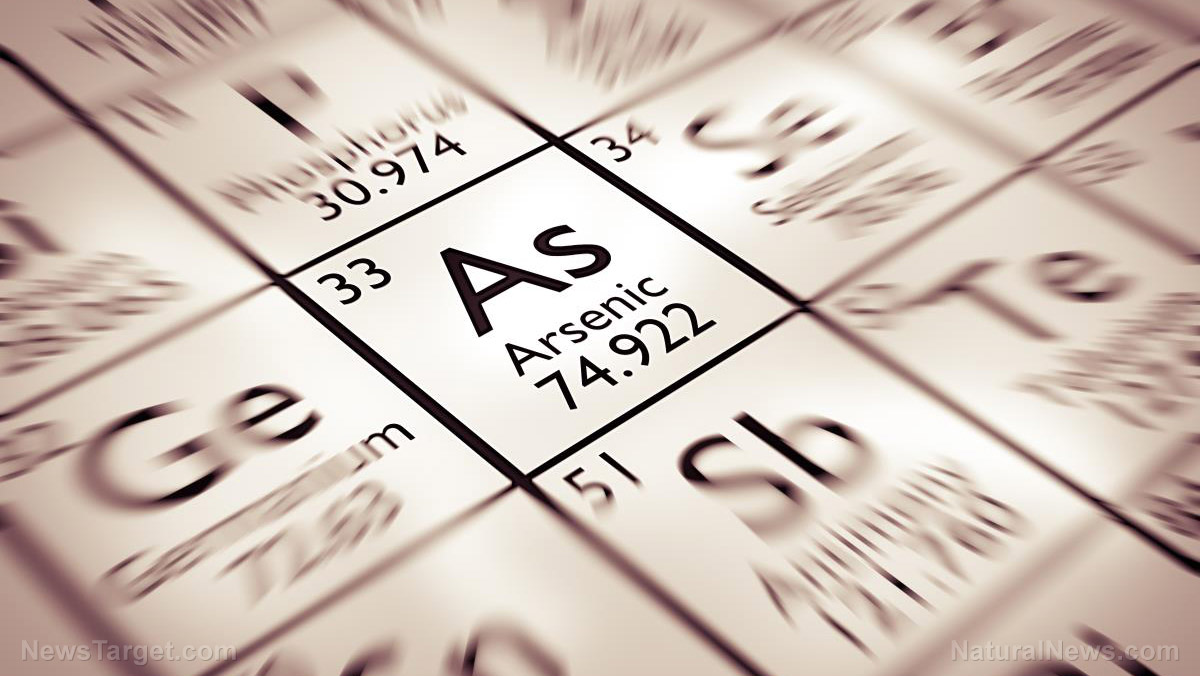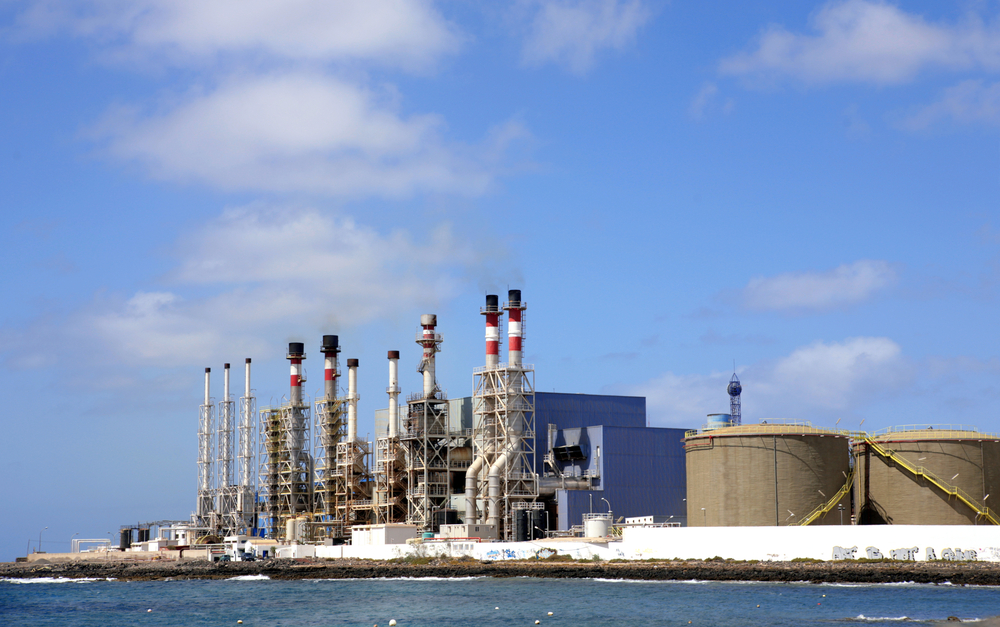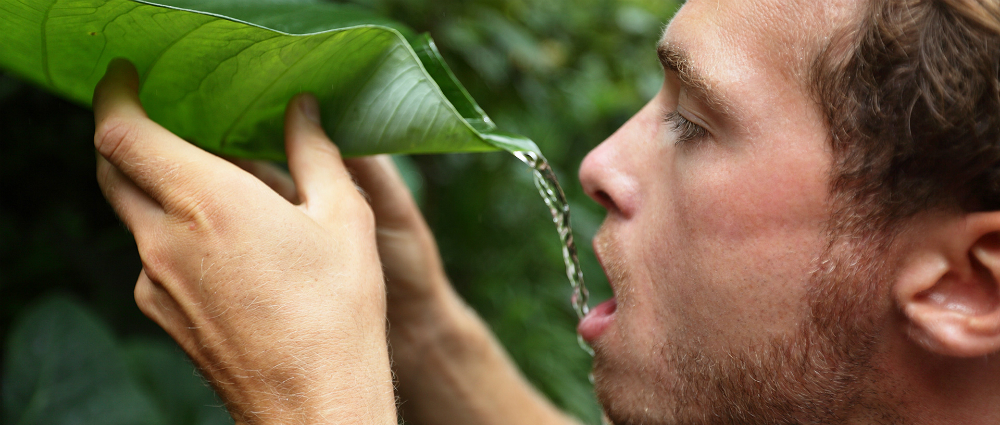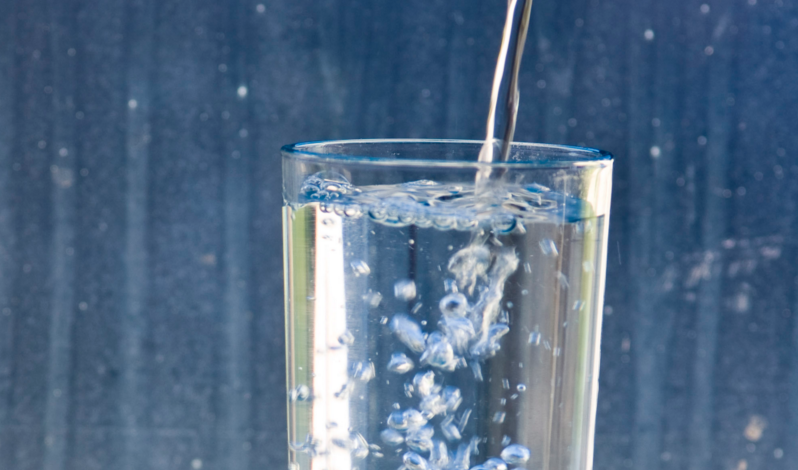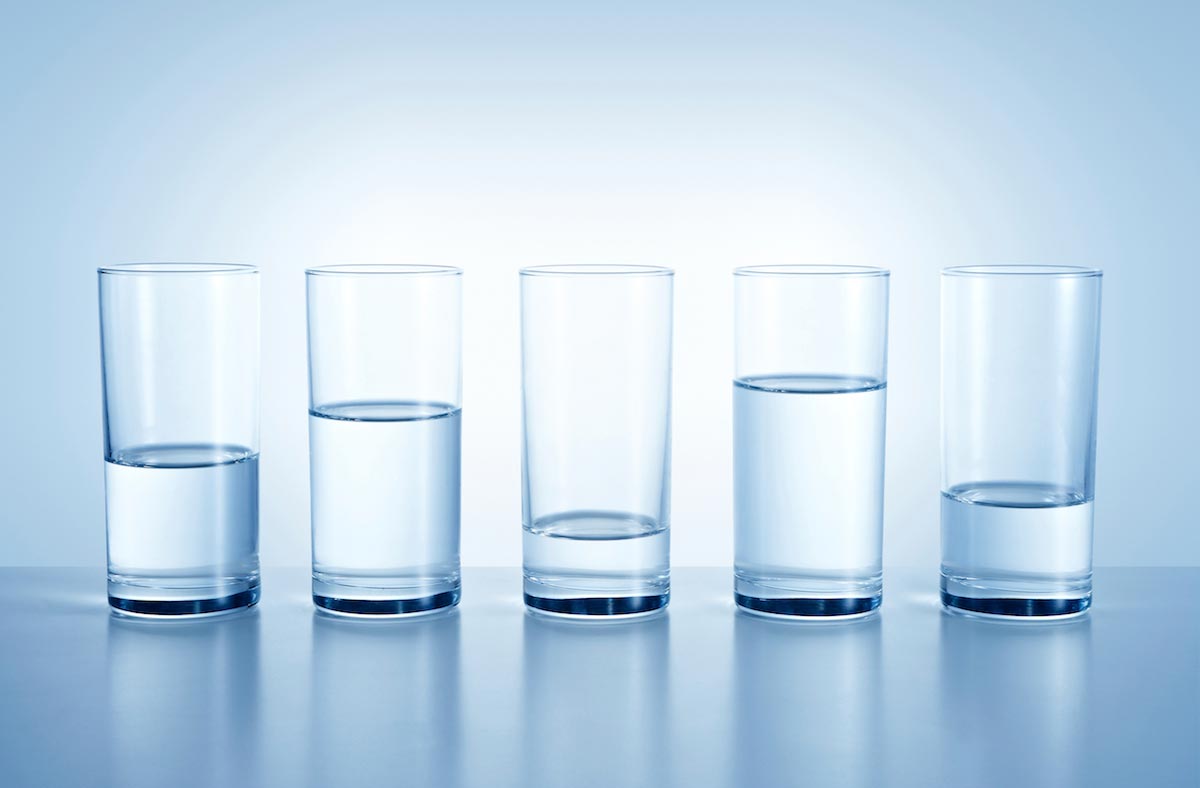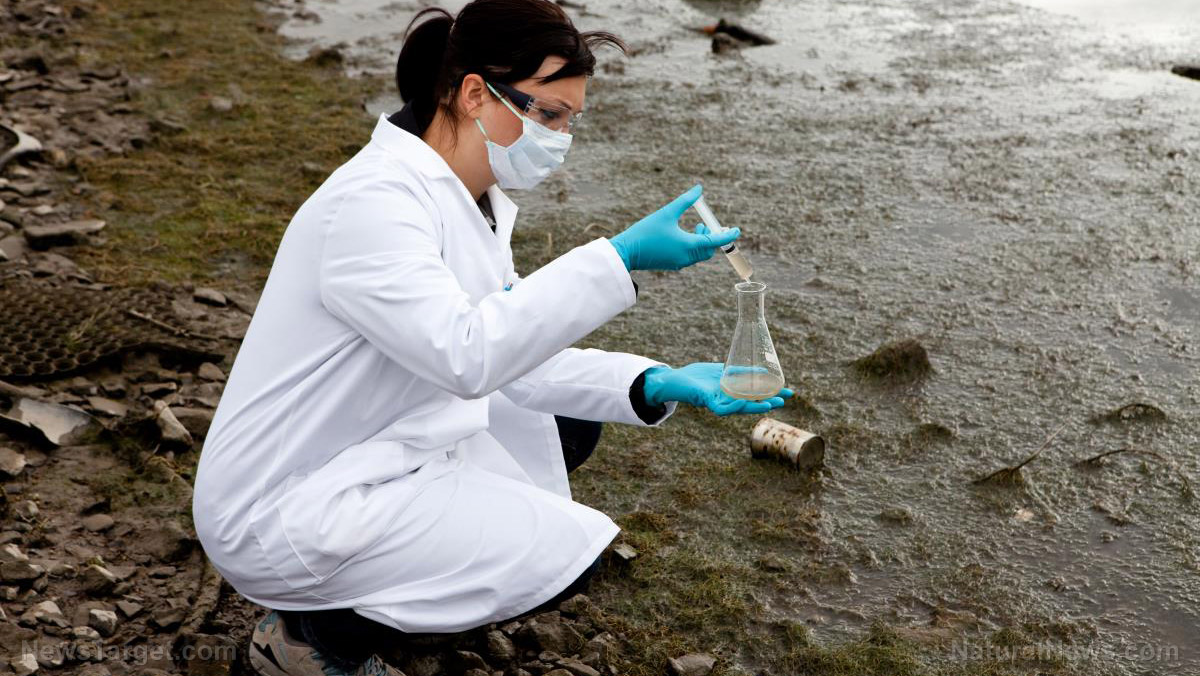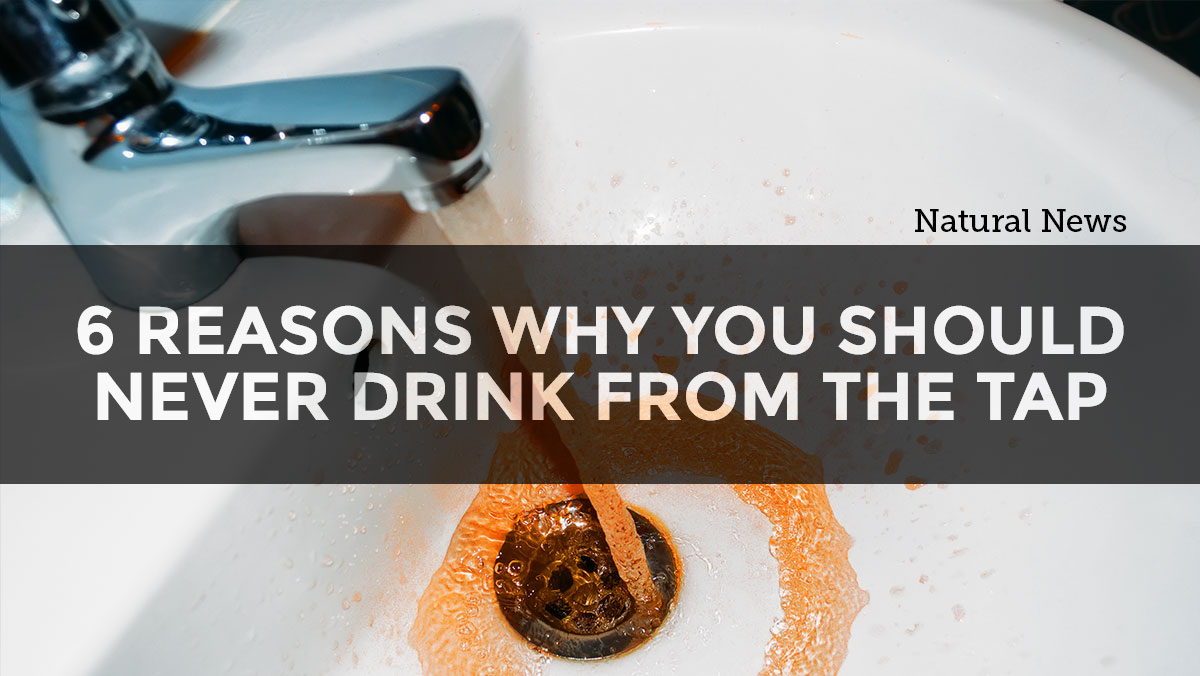California water wells saturated with extremely toxic cancer-causing chemical
07/28/2017 / By Isabelle Z.

The water supply of a million Central California residents is contaminated with what is considered one of the most powerful carcinogens on the planet, and now the state is making a move to try to get the problem under control as the lawsuits against the companies responsible for the contamination continue to pile up. [RELATED: Dehydrated – CA residents’ drinking water reservoir nearly empty.]
According to NBC News, some people believe that the substance known as 1,2,3-trichloropropane, or TCP, in the water is behind the health problems plaguing those who live in the Arvin area.
Oregon Health and Science University’s Professor Paul Tratnyek, who studied the substance for the U.S. Department of Defense, said its toxicity is nearly unmatched by other chemicals. He noted that even tiny amounts of TCP in the water could cause health effects. According to the Environmental Protection Agency, it is “likely to be carcinogenic to humans.”
The California State Water Resources Control Board has now voted to set the limit of this substance in drinking water at 5 parts per trillion, and all wells in the state will be tested for it monthly starting this January. This will give water companies six months to fix any of the wells that are affected. The board’s vice chair, Steven Moore, applauded the move, saying that “it is disquieting how serious and insidious this chemical is.”
Exposure comes from drinking water that is contaminated with TCP or from cooking with it, showering in it, or otherwise inhaling its steam – for example, while washing dishes.
Tests from a state-certified lab revealed that the water in Arvin had more than six times the acceptable amount of this substance, which is a degreasing agent that is used to produce plastic products.
Problem traced back to pesticides
Lawyer Todd Robbins says the problem stems from two local industrial giants that were recycling TCP by pairing it with agricultural pesticides. He is now representing 30 communities that are suing the firms to cover the cost of the multi-million dollar filtration that must be instituted to clean the water supply.
He said, “TCP got into drinking water in the Central Valley because Dow Chemical Company and Shell Oil Company saw an opportunity decades ago to take a hazardous waste stream at their chemical plants, put it in barrels and sell it to farmers, who would then inject it into the ground.”
Many areas dealing with TCP water contamination
A similar lawsuit in Clovis, California, which sits just two hours to the north of Arvin, saw an award of $22 million for treating contaminated water and removing TCP from the wells there. The filters that can help fix the problem cost between $1 and $2 million per well.
In Bakersfield, city water rates are poised to climb 41 percent over the next two years to cover the $55 million cost of ridding its waters of TCP. The city is currently in the middle of a lawsuit against Dow and Shell in hopes of recouping some of the costs and mitigating the rate increase.
Arvin is a low-income area, and not everyone can easily pay for bottled water or water filters like the Big Berkey to clean their drinking water. On top of that, they still have to pay their water bills even though the water they are getting is toxic. Residents say the water has a bad smell and a chemical taste, and they are outraged that they are being forced to pay for a product that could kill them.
Unfortunately, this problem is not merely confined to California. After collecting data from water utilities around the country, the Environmental Working Group found that TCP is present in the water supplies of at least 17 states. A partial list is available on their website.
Sources include:
Tagged Under: Arvin, California, Central California valley water, Dow Chemical Company, municipal water, Shell Oil Company, TCP, trichloropropane, Water contamination, water wells


